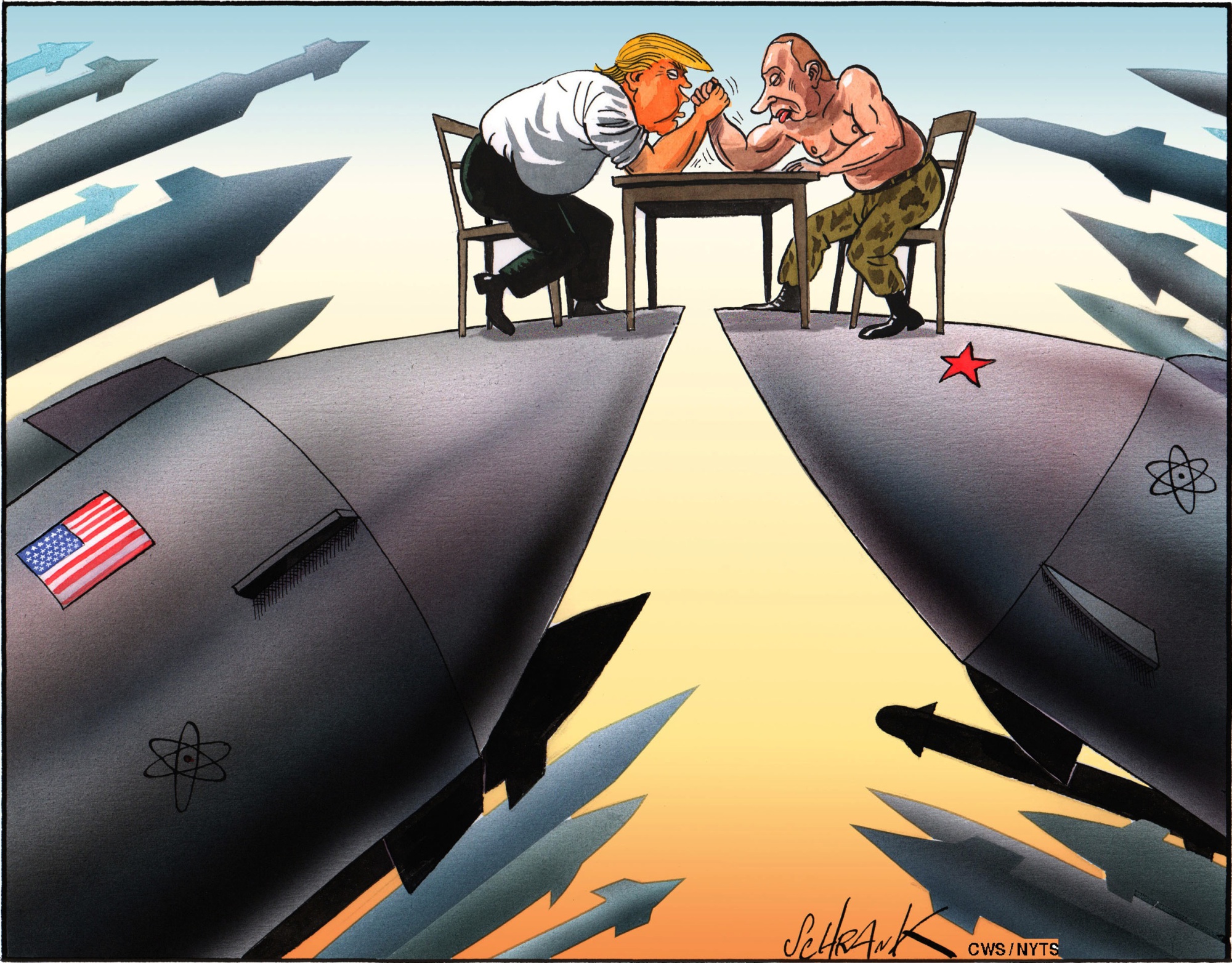The chemical attack on the rebel-held Syrian city of Khan Sheikhoun compelled U.S. President Donald Trump to strike for the first time at Syrian President Bashar Assad's forces. With the bombing of an air base in western Syria, the Trump administration stepped into a gaping power vacuum in the Middle East. But what, if anything, will Trump do next?
Coming after six years of civil war, in which some 400,000 civilians have been killed and millions displaced, Trump's unexpected intervention was praised by most U.S. politicians, though it was carried out without the requisite congressional approval. Syrian rebel groups and America's international allies (including those at the just-concluded meeting of Group of Seven foreign ministers in Italy) welcomed the United States' attack on Syrian government forces.
With 59 Tomahawk missiles, Trump sent a message to the Assad regime and its patrons, especially Russia and Iran, that he, unlike his predecessor Barack Obama, is willing to enforce "red lines." Unsurprisingly, Russian President Vladimir Putin's Kremlin condemned the U.S. attack, claiming that it violated international law — a questionable proposition, given that Syria is a signatory to the international treaty banning chemical weapons.



















With your current subscription plan you can comment on stories. However, before writing your first comment, please create a display name in the Profile section of your subscriber account page.